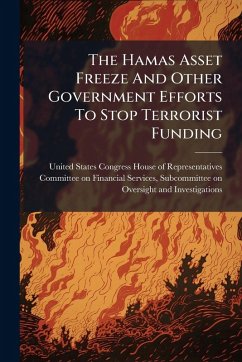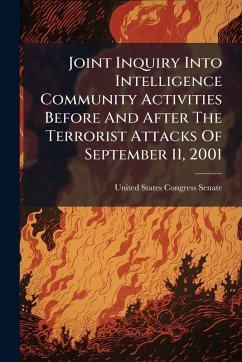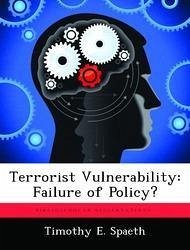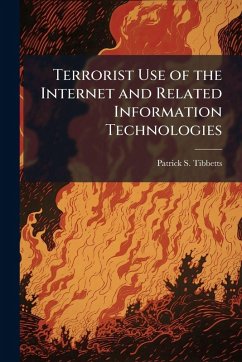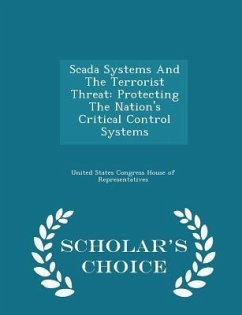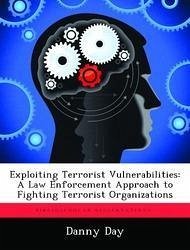
Exploiting Terrorist Vulnerabilities
A Law Enforcement Approach to Fighting Terrorist Organizations
Versandkostenfrei!
Versandfertig in über 4 Wochen
15,99 €
inkl. MwSt.

PAYBACK Punkte
8 °P sammeln!
This paper explores some of the vulnerabilities that are present within terrorist organizations that the United States can exploit in order to deter, dismantle, dissuade, and defeat terrorist organizations. In addition, the paper will explore the ways in which terrorist organizations have been defeated in the past, so the United States can utilize these understandings in order to develop a better approach to fighting terrorist organizations. The first section provides an overview of Arab culture, an overview of the main tenets of Islam, and an overview of Jihad history. These overviews build u...
This paper explores some of the vulnerabilities that are present within terrorist organizations that the United States can exploit in order to deter, dismantle, dissuade, and defeat terrorist organizations. In addition, the paper will explore the ways in which terrorist organizations have been defeated in the past, so the United States can utilize these understandings in order to develop a better approach to fighting terrorist organizations. The first section provides an overview of Arab culture, an overview of the main tenets of Islam, and an overview of Jihad history. These overviews build upon one another and demonstrate that in order to uncover vulnerabilities within an Islamic terrorist organization; one must understand the belief system upon which the organization was founded. This section also begins to recommend that the United States has a need for a different approach in order to fight terrorist organizations. One that does not rely solely on conventional military might, but one that is based on stronger cognition -- comprehension, reasoning, and decision-making -- for the 21st century. The next section explores the ways by which other terrorist organizations have been defeated. In addition, vulnerabilities of terrorist organizations are examined and three cases studies will be reviewed in order to demonstrate that conventional military forces are not always the correct response to terrorist organizations. A full spectrum of national and international resources, to include law enforcement agencies, intelligence agencies, legislatures, humanitarian agencies, and other "soft" powers, in cooperation with limited military engagements, is a better approach to defeating terrorist organizations. The monograph closes with three recommendations that the United States should consider to improve the effectiveness of fighting terrorist organizations. A greater emphasis on the cognitive war (war of ideas), synchronization, and greater adaptability would assist the Uni This work has been selected by scholars as being culturally important, and is part of the knowledge base of civilization as we know it. This work was reproduced from the original artifact, and remains as true to the original work as possible. Therefore, you will see the original copyright references, library stamps (as most of these works have been housed in our most important libraries around the world), and other notations in the work. This work is in the public domain in the United States of America, and possibly other nations. Within the United States, you may freely copy and distribute this work, as no entity (individual or corporate) has a copyright on the body of the work. As a reproduction of a historical artifact, this work may contain missing or blurred pages, poor pictures, errant marks, etc. Scholars believe, and we concur, that this work is important enough to be preserved, reproduced, and made generally available to the public. We appreciate your support of the preservation process, and thank you for being an important part of keeping this knowledge alive and relevant.




